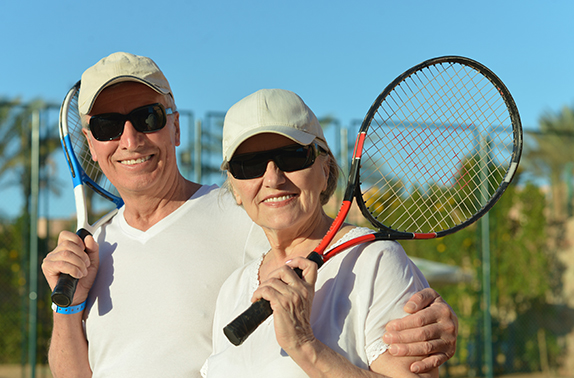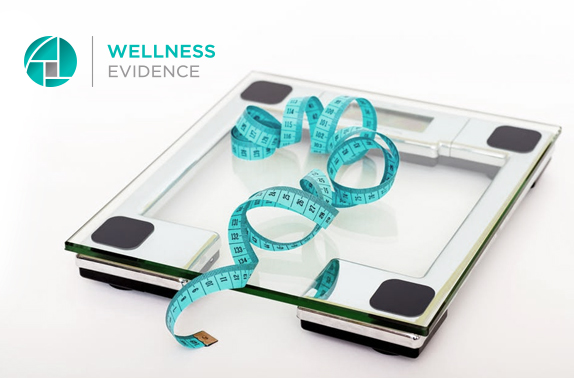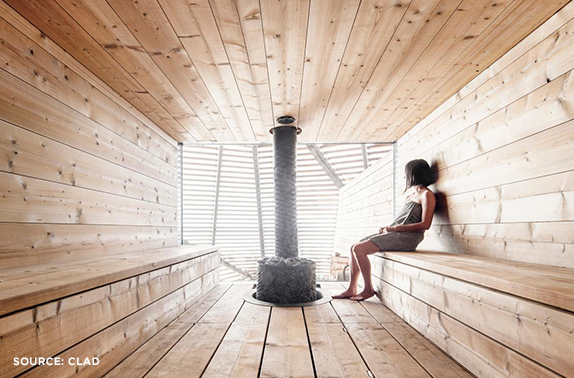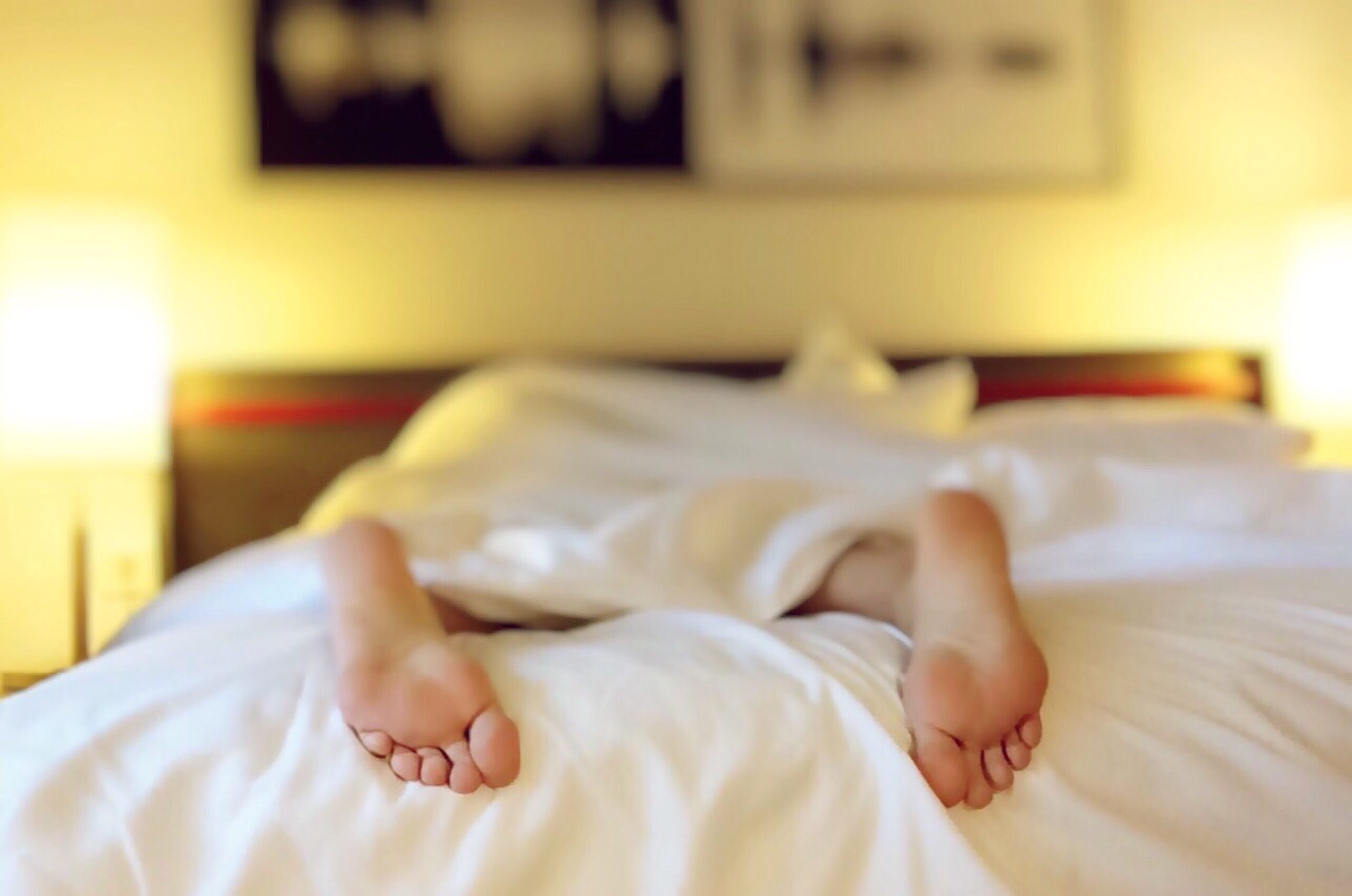Doctors in Scotland Can Now Prescribe Nature – World Economic Forum, October 15, 2018 Since early October, doctors in Shetland, Scotland, have been authorized to prescribe nature to their patients. It’s thought to be the first program of its kind in the UK and seeks to reduce blood pressure and anxiety and increase happiness for those with diabetes, mental illness, stress, heart disease and more.…





























































